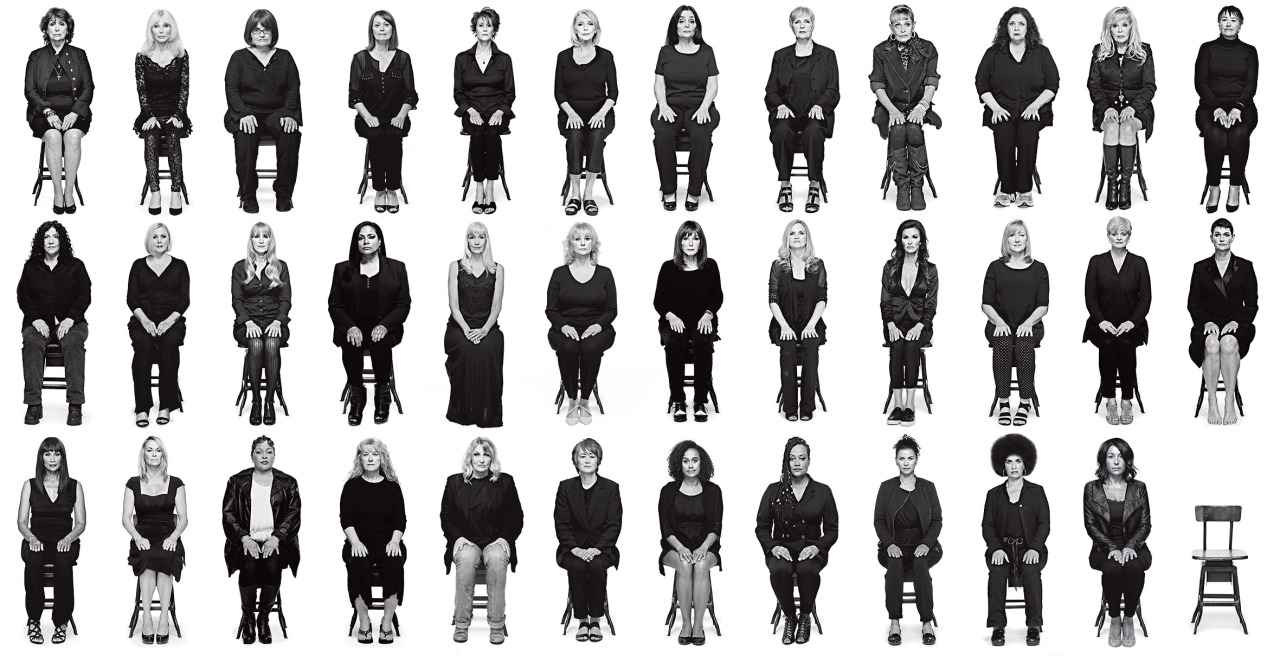I should say that this note was first written for my Facebook page, on July 27 2015, and I think it will retain some of the tone of that context: discursive, reactive, and addressed directly to my followers. But my editor at the New Inquiry thought I should share it here, with a broader audience, and I agree. We are presenting as-is, and I’ll only add two things. One is that the absurdity of our predicament makes it necessary to spell out obvious things in detail, even things like what is written below, things we already know, or should already know. The second is that, far more important than anything I have to say, you should read the testimony of these women themselves. If you are short of time, skip what I’ve written, and go straight to the piece in New York Magazine, and read, and listen.
____
Last night, reading the accounts by women who had been assaulted by Cosby, I was overcome with sorrow.
Tricky to say anything about this, but silence is simply not an option. This is everybody's business. But I'll say some things to the men who are reading.
We men benefit, all of us men benefit, from rape culture. We benefit from the pain it causes women because we sprint ahead obliviously; we benefit from the way it knocks them off circuit and opens space for us; we benefit from the way it dehumanizes them so that our own humanity can shine more greatly; and we benefit from the aura of power it gives us as perpetrators or as beneficiaries. And because we benefit, explicitly or implicitly, we are not vociferous enough in our opposition to it.
(This is why, even after everything we know, it is still possible for the New Yorker to put up a long article praising Woody Allen, as they did last week—"The Existential Genius of Late Woody Allen"—praising him from beginning to end, in every line, as though none of that other stuff were relevant, as though it were somehow gauche to acknowledge what he'd done. That's rape culture for you, at the highest levels: not mere silence, but you have to come out and sing hosannas to the guy.)
We must fight rape culture, even in its allegedly mild manifestations, we must be grieved with the grief of those who commit the crime and those who benefit from a world built on such crimes, we must oppose men who wade in with stupid explanations and caveats and distractions, we must surrender the poisonous sentimentality that makes us believe a "great artist" over a less well-known woman. Indeed, we must be willing to let anyone go—think of any man you admire, any man at all, alive or in history, close to you or far away, and think to yourself that you must be willing to let him go—if such things are true of him too. And understand that such things can be true of any of them, of any of us.
We must be allies in this, in a subsidiary but vital role, to the generations of women who have been fighting it since forever. Why should it be easy? It can't be. We will have to face even the complication of confronting those few women who are themselves invested in perpetuating rape culture. It will cause us extreme discomfort, but our discomfort will be nothing compared to the pain of being a victim of rape or assault or harassment.
And above all we must listen, to women, and to the significant but vastly smaller number of men who have also been assaulted. So that, gradually, we can collectively begin to slough off this wretched state of affairs in which the first thing someone who has been assaulted thinks is "no one will believe me."
That's to men.
And to women: I believe you. And I'm heartbroken about the many ways in which I fail to live up to that belief.
